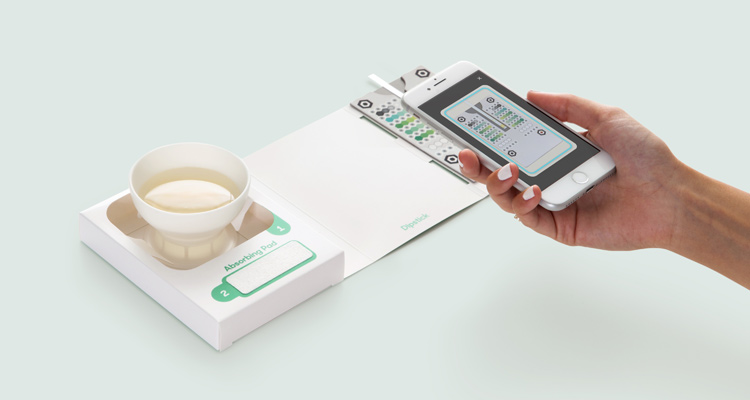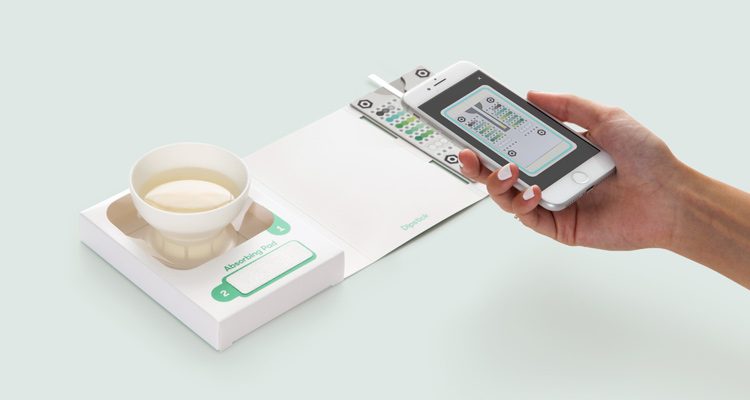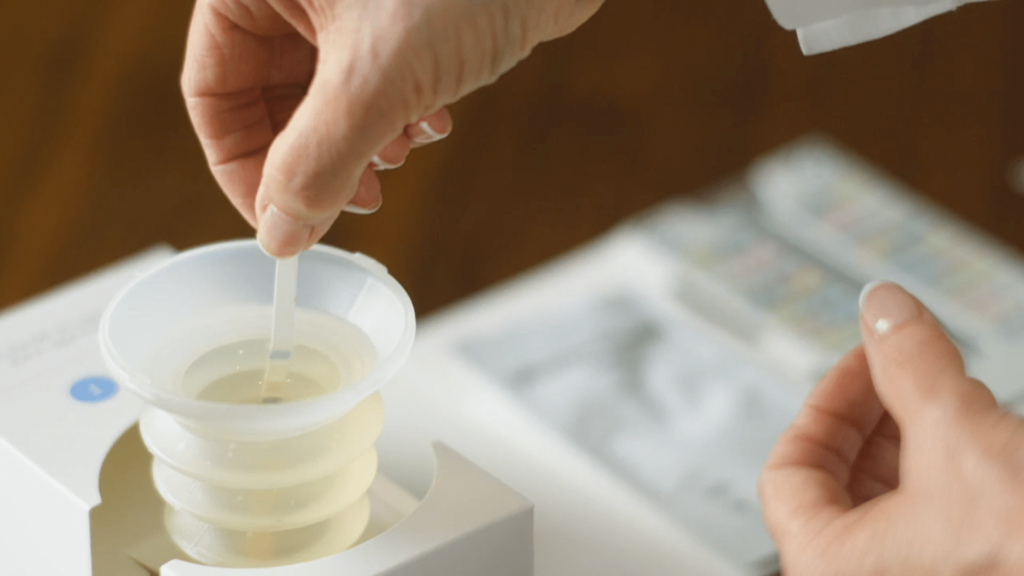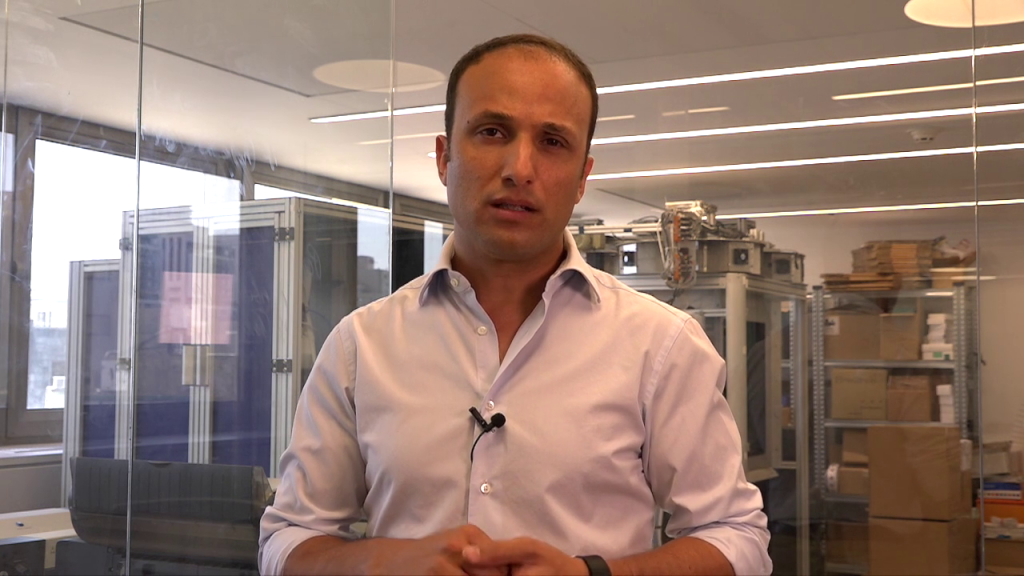About 1 in 10 people in the United Kingdom suffer from chronic kidney disease and millions more are at risk. They’re also at a heightened risk from COVID-19. The solution to safely increasing testing rates is right in their pockets.
Chronic kidney disease, or CKD, is a progressive and potentially fatal disease, costing the NHS around £1.5 billion pounds every year. A simple urine test can help diagnose and treat the disease before it reaches its dangerous and costly late stages, but testing rates are low.
A recent UK-wide survey found that more than half of people with type 2 diabetes—a group at a high risk for CKD—do not take the recommended test. According to the National CKD Audit, less than a third of people with hypertension were tested. The lack of testing has created a so-called “missing million” of undiagnosed people. By the time their illness has been discovered, it may have progressed to its later stages. This is important because treatment for late stage CKD, particularly kidney transplant and dialysis, accounts for the majority of NHS expenditures on CKD.
CKD exhibits few symptoms in its early stages. By the time symptoms appear, kidney function has deteriorated and the kidneys are on track to failing entirely, eventually requiring dialysis or transplant. That’s why the National Institute for Health and Care Excellence (NICE) recommends that people with hypertension or diabetes—the populations with the highest risk for developing CKD—do an annual test measuring the ratio of albumin to creatinine (ACR) in their urine, which is an early indicator of CKD. Early detection of CKD allows for medical treatment and lifestyle changes that can help slow the progress of the disease and decrease the risks of associated cardiovascular events.
Regularly screening large groups of people has inherent challenges, and changing the behaviours of millions of people is difficult. Raising test adherence is even more challenging today because the people with the highest risk of developing CKD are also at a heightened risk of suffering complications from COVID-19 and should avoid visiting the clinic if possible.
Healthy.io’s CKD Early-Detection Service allows people to do their ACR urine test from the safety of their homes, thus removing the barriers to testing and improving adherence rates. Rather than visit their GP, Healthy.io’s kit and smartphone app allow people to test and transmit their results within minutes, without leaving home. As part of the service, a dedicated patient onboarding team helps give people the “nudge” they sometimes need to take the test, and ensures that they have all the information and support they might require. In recognition of how our solution transforms kidney care, we were recently awarded the Artificial Intelligence in Health and Care Award to accelerate the adoption of the CKD Early-Detection Service and improve access to care for hundreds of thousands of people in the UK.
The CKD Early-Detection Service’s ability to increase adherence was proven in a clinical evaluation in cooperation with Modality Partnership GP surgeries in Yorkshire and Humber. Our service was successful in raising adherence from 0% to 72% among the people who had not undertaken testing. 92% said they found the test easy or very easy to use. The vast majority preferred testing at home to testing at the clinic.
Hear what clinicians from Modality Partnership have to say about the evaluation:
Based on the results of the Modality evaluation, the York Health Economics Consortium (YHEC) designed a model projecting the public health and spending outcomes for the rollout of the CKD Early-Detection Service across England.
According to the YHEC model projections, rolling out the CKD Early-Detection Service across England can, over five years, identify 276,845 cases of undiagnosed CKD, prevent 11,621 cases of end-stage CKD, and save £660,400,000 for the NHS.1
Each Clinical Commissioning Group rolling out the CKD Early-Detection Service can expect net cost savings starting from the first year.
Please visit us to learn more about our service and receive a detailed report on your CCG, including:
- A breakdown of the at-risk population
- Drill-down of our cost-savings model assumptions
- Sensitivity analysis of your CCG’s cost-savings potential







